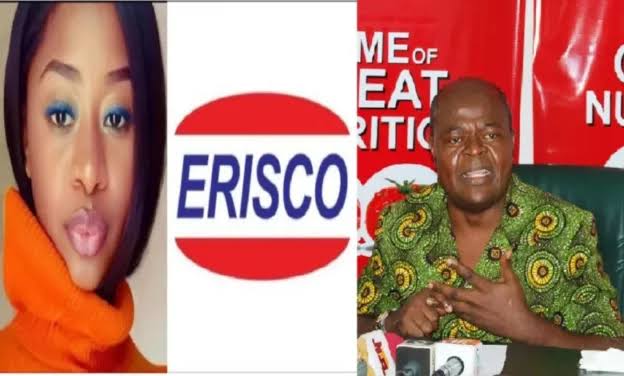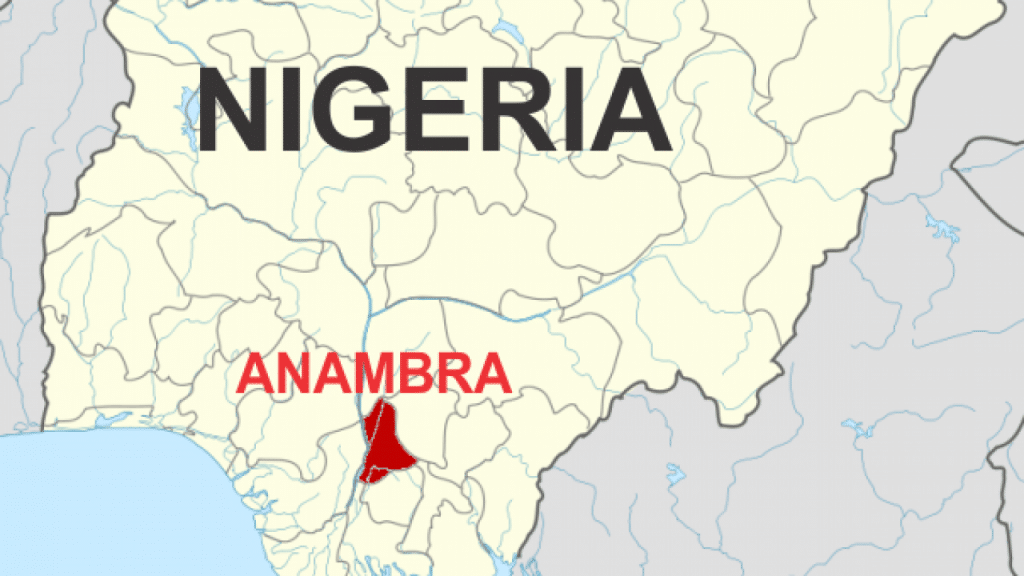“Why are they not concerned that Chioma could raise such serious allegations against a brand and not able to substantiate her claims? “ —Ebuka Onyekwelu
There is a growing trend in Nigeria’s social space where a minority armed with the internet, now wants to dictate what choices people make and how they must respond to any situation. As ridiculous as this may seem, the seriousness and dedication with which some of these Nigerians especially on Twitter, go about bullying people for any or no reason at all, not only speaks to the anarchical strides of the social media landscape but also to the indiscreet nature of the occupants of that lawless space.
Every observer of Nigeria’s social media space can freely attest that since the build-up to the 2023 Presidential Election, Nigeria’s social media scenery has gradually, but persistently degenerated into a matter of “us” against “them”. Almost in everything, there is an imaginary enemy of the people that must be gagged. This then follows a certain unfounded absolutist posturing or at least tendency, that makes these social media users feel that the world must revolve around them or that their sense of justice and fairness no matter how muddled, must not only be respected but must be accepted as the impeccable standard. In other words, somehow, some people believe that while they have an exclusive right to their own choices, others have to simply just follow them.
This thinking and behaviour are not only preposterous but sickening. Notwithstanding, in each instance, it follows the same particular order in which divergent opinions or views are targeted and bullied to silence. Hence, forcing those with opposing views to either join them or remain silent. This might be one of the reasons there are not as frequent social media conversationalists as there are members on each platform. For instance, in most WhatsApp groups, only a handful of members make regular contributions out of hundreds of members who simply quietly follow each debate religiously. Sometimes, those shouting the loudest, uncontested, might just in consequence assume that they are in the majority and that is another illusion that drives the social media space in Nigeria, in what has snowballed into the tyranny of the minority.
A few months ago, the Nigerian social media space was awash by a case between Chioma Egodi and Erisco, a leading tomato mix maker. The general problem was that Chioma went overboard with her post on social media alleging that Erisco’s Nagiko brand was unfit for consumption. Precisely on September 17, 2023, Chioma made the following post on her Facebook timeline; “I went to buy tin tomatoes yesterday that I will use to make stew, I didn’t see Gino and Sonia, so I decided to buy this one (she attached Erisco Nagiko brand in the picture) I decided to taste it omo! Sugar is just too much! Haaa biko let me know if you have used this tin tomato before because this is a like gwuru situation.”
The management of Erisco reached out to her to know if she might have bought a fake product or at least ascertain her claims to be sure she bought the original product. Surprisingly, she rebuffed all requests, forcing the Erisco brand to take legal measures to defend itself. For clarity, any player in the mainstream media in Nigeria understands the line between libel and personal opinion or review of any sort. Usually, no brand starts off exploring legal options against such comments or publications. They often reach out and quietly offer explanations as well as try to listen to the customer or individual, then, they ask for such posts to be removed. At this stage, there is a general understanding among mainstream players that both parties quickly build mutual consideration and move on.
Over the years, I have seen this exact scenario play out and every misunderstanding is resolved in the same manner as described above. But this time, it is different. Five months on, the case is still lingering because Chioma feels she can’t make the necessary consideration after many people have intervened to resolve the problem with Erisco. First of all, Chioma apologized and agreed to withdraw her comments, but suddenly, she withdrew her initial apology and instead preferred to head to court which is where she is now with Erisco.
Some social media users are insisting that Erisco is the abuser and have gone into a frenzy with all manner of garbage against Erisco. The fact that this is a regular occurrence between brands and individuals in Nigeria, which is usually resolved without any wrangle, makes this particular case odd. This further exposes the ignorance of many social media users in Nigeria who can’t see the line between courage and danger, and who somehow believe that their bullying antics have any impact in the real world.
Why are they not concerned that Chioma could raise such serious allegations against a brand and not able to substantiate her claims? Why are they not worried that she is not able to withdraw her claims against a product with a certification by NAFDAC, Nigeria’s highest food and beverages quality control entity? But they are concerned that Erisco is meeting Chioma in court. Is this not a deliberate effort to silence Erisco? Shouldn’t the court now be allowed to decide who was right or wrong?
This is the nature of the problem with Nigeria’s social media regarding bullying. They think they are standing for justice, even when it is not out of place that some people can and might have been influenced unduly to wage a war against Erisco as in this particular instance. Therefore, the court should be allowed to do its job. No amount of malicious campaign can stop the court from giving justice to Erisco and Chioma, who must be prepared to accept the court’s verdict, having rejected a mutually agreed settlement. Perhaps, the outcome of the case would further serve as a lesson to other social media influencers, if they are willing to learn.






